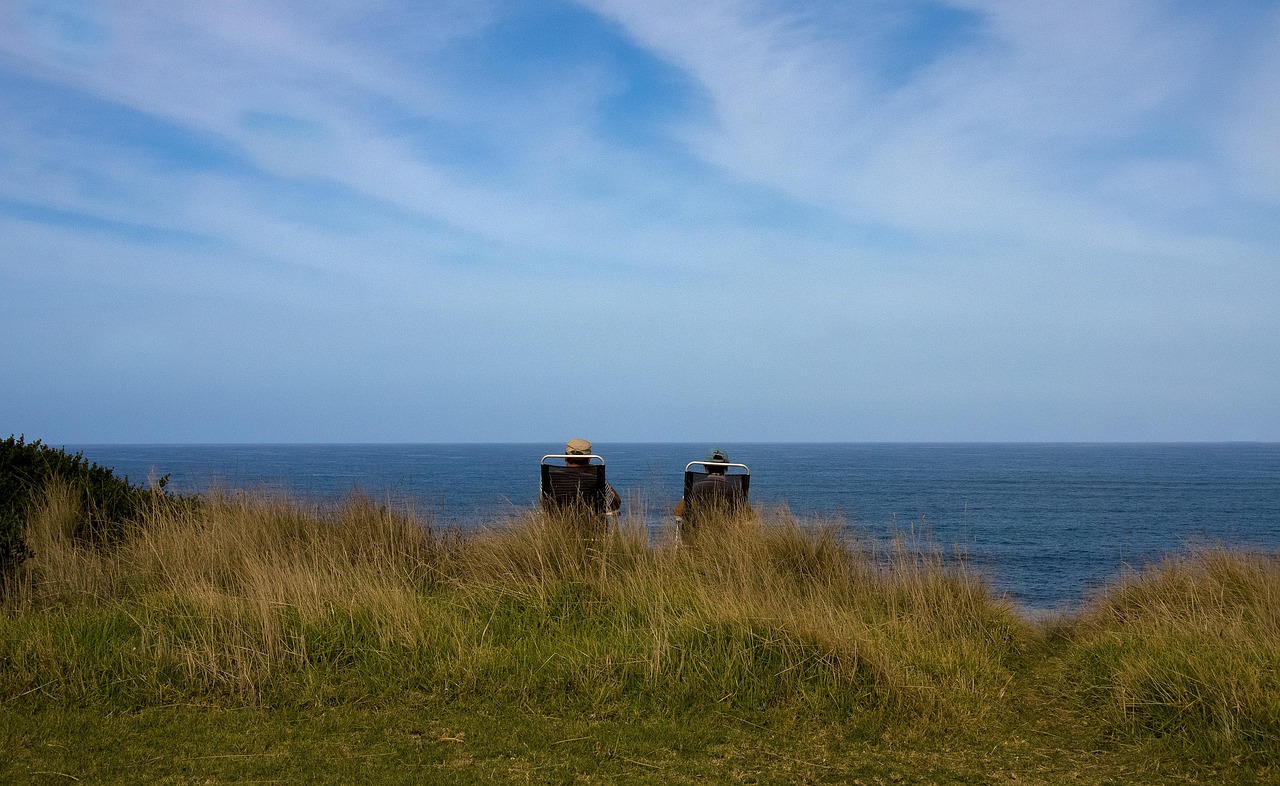I listened to a podcast this week about Ingvar Kamprad, the founder of IKEA. He’s a fascinating character, but what struck me was how he had built up enormous wealth as the owner of IKEA but remained extremely frugal (still driving a beaten up Volvo and haggling over the price of fruit and veg at his local market, after he had become a billionaire). Incidentally, the podcast is called “Evil Genius” and is available on BBC Sounds (I’m an occasional listener, and it’s mostly irreverent!).
Earlier in the year, it was revealed that Geoffrey Holt – a single, childless, 82-year-old man who lived in a trailer park in rural New Hampshire – died and left $3.8 million to his town. That a humble man described as spending his day “sitting on his riding mower in the trailer park” was secretly a multi-millionaire shocked everyone who knew him – and apparently Holt was so unremarkable that few people actually knew him.
Should we admire the likes of Kamprad and Holt? Is it possible that Holt and Kamprad would have been happier if they lived in a nicer house, worn nicer clothes, travelled the world and donated their money while they were alive to see its impact?
Of course, it’s possible, but there’s no way of knowing. It’s possible that Kamprad and Holt themselves didn’t even know. Maybe they were frugal, depriving themselves of a better life. Or maybe they were independent of money and just didn’t need the things which their money could have bought them. I imagine that a lot of people will look at them and think that they were frugal – almost to the point of mental illness.
Another podcast told the story of Chuck Feeney – the founder of Duty Free Shopping. The well-known part of Feeney’s story is that he gave away 99.99% of his $8 billion fortune years before he died. He and his wife kept $2 million, lived in a small apartment, flew economy, and gave the rest to charity.
The less well-known part of Feeney’s story is that he once gave the High Life an honest try. The Washington Post wrote of his life in 1980s, when he was newly rich “He had luxury apartments in New York, London and Paris and posh getaways in Aspen and the French Riviera. He hobnobbed with the other mega-rich on yachts and private jets. If he wanted it, he could afford it.”
He quickly realized it wasn’t for him. Whilst society had told him he should want those things, it wasn’t what actually made him happy. Giving money away was. “I’m happy when what I’m doing is helping people and unhappy when what I’m doing isn’t helping people,” Feeney said. After time, he found what made him happy.
Now, it might sound strange that a blog from a financial adviser might be telling that money isn’t everything. But one of our core beliefs is that money is just an enabler; it’s there to help you achieve the things you want. There’s no point in building up money for the sake of it. And it’s why one of the first questions we ask of our clients is “What would you like your money to do for you?” The answer is different for everybody. And if giving money away is what makes you happy, we’ll help you to do just that.
Philip Wise | philip@sussexretirement.co.uk
Managing Director and Chartered Financial Planner



